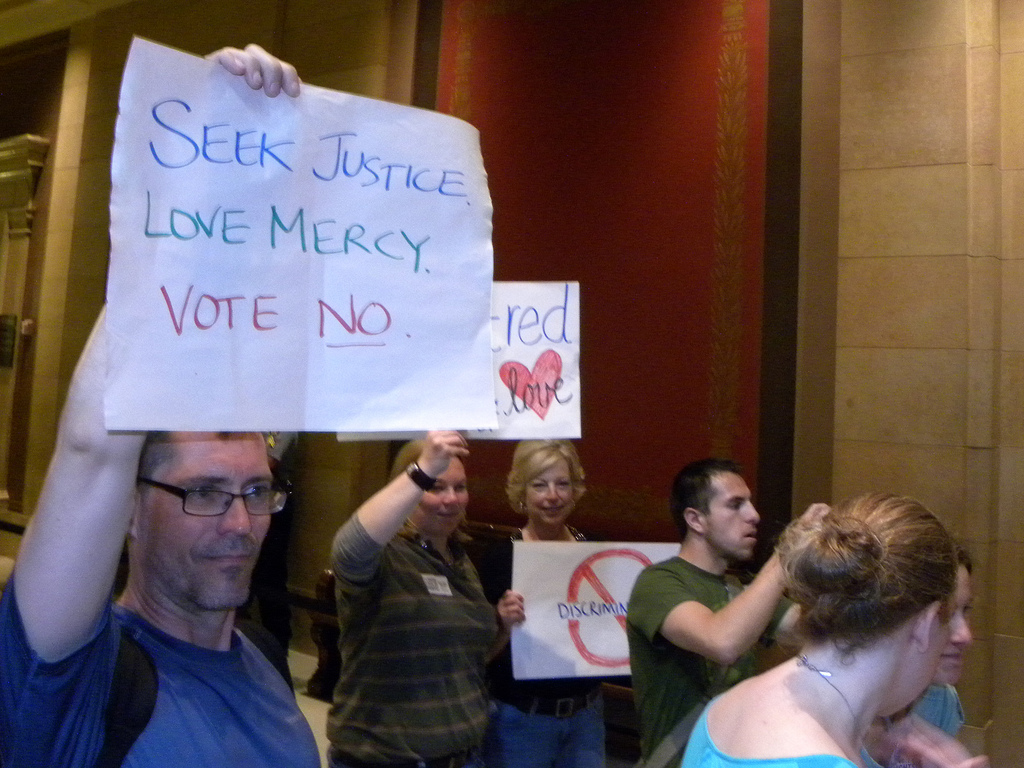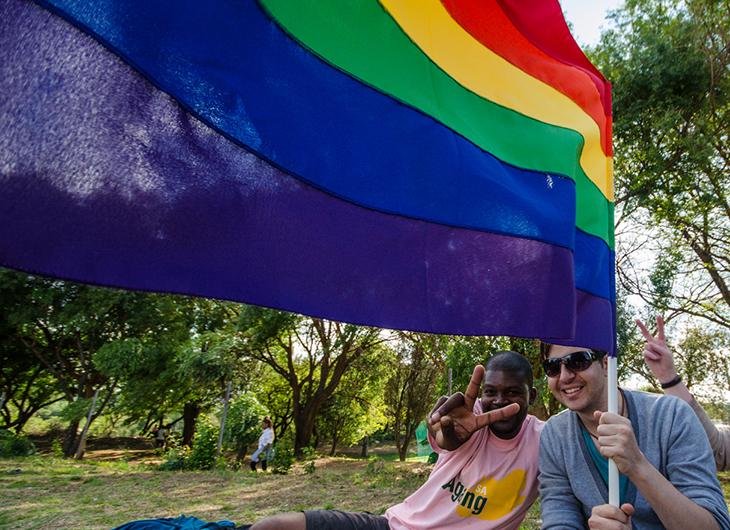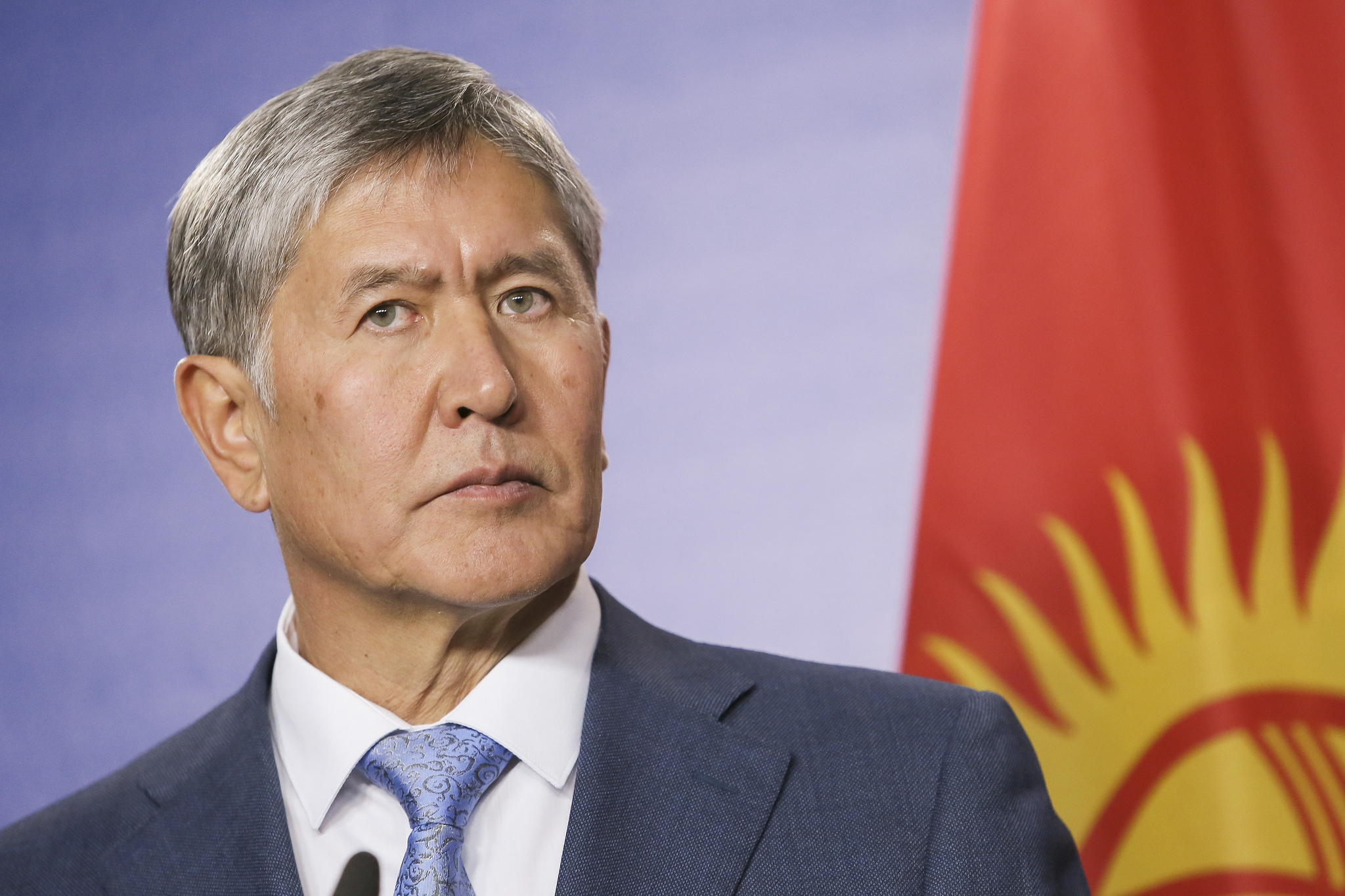During an official visit by Kyrgyz President Almazbek Atambaev last week, EU leaders have sought reassurances over pending bills seeking to limit the rights of LGBTI people and civil society in general.
Kyrgyzstan is considering an anti-LGBTI ‘propaganda’ bill, which would outlaw any public information ‘aimed at forming positive attitudes toward non-traditional sexual relations’. Anyone found guilty under the proposals could be jailed for 12 months.
The Russian inspired ‘foreign agents’ bill would force nongovernmental organizations (NGOs) who receive funds from abroad to register as “foreign agents”, subjecting them to additional reporting requirements.
This has led to fears that NGOs working to improve Human Rights in Kyrgyzstan could find themselves unable to operate
During the visit by the Kyrgyz President, EU leaders raised their concerns over the bills. Official communication from Mr Juncker emphasises he had “underscored the link between EU support and the effective commitment to principles of respect of human rights and fundamental values.”
Furthermore, he has “urged President Atambaev not to endorse legislation violating human rights and weakening civil society.”
European Parliament President Martin Schulz and European Council President Donald Tusk also raised the bills with President Atambaev.
This is the latest in a series of actions taken by the EU, after the European Parliament urged the Kyrgyz Parliament to reject the ‘anti-propaganda’ bill in January 2015.
Daniele Viotti MEP, Co-President of the Intergroup on LGBTI Rights and part of the Parliament’s Delegation for relations with Kyrgyzstan, reacted: “By now we should all be aware of the poisonous consequences of these ill-informed and hateful bills: they produce hate and lead to impunity for violence and discrimination against minorities.”
“This has no place in a country that has committed itself through its constitution to full protection of human and civil rights.”
Similar Russian laws have led to an extreme clampdown on civil society, and a climate in which discrimination, hate speech and violence against LGBTI people go unpunished.
Ian Duncan MEP, Vice-President of the Intergroup on LGBTI Rights added: “The situation in Kyrgystzan is desperate. You can’t jail someone because of their sexual orientation or gender identity.”
“The EU and its member states must be clear in their condemnation of this proposed discriminatory law.”
Article originally published by the European Parliament’s Intergroup on LGBT Rights
Read more




